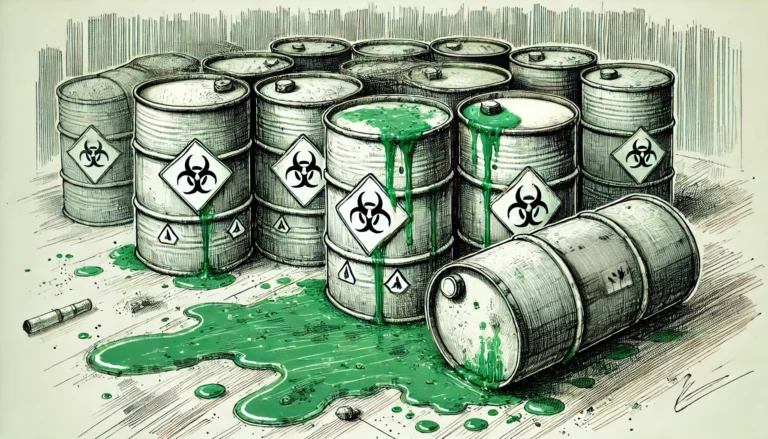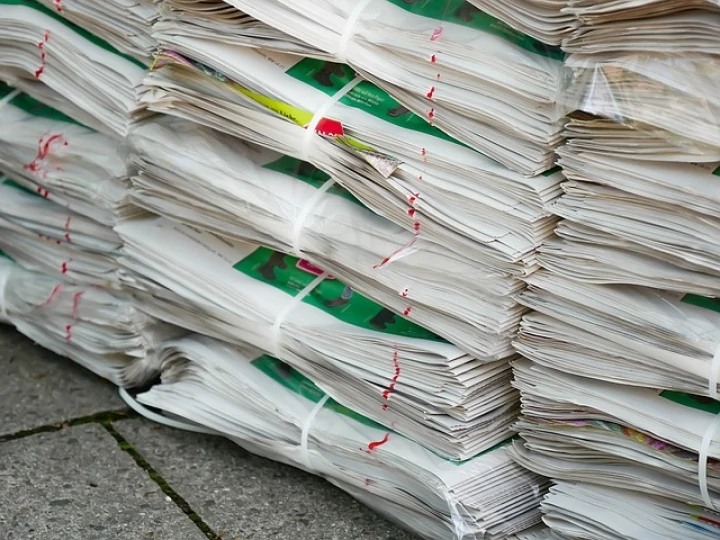How will the global waste market cope with China's decision?

As announced by the authorities in Beijing, the regulation according to which China imposes an embargo on waste previously imported to it from other countries takes effect with the beginning of 2018. As mentioned last July, the ban applies not only to waste paper, but also to certain textiles, metal waste and plastic.
In terms of paper, however, the ban is not intended to be a total ban on transport to China, but only on mixed, unsorted and heavily contaminated waste paper.
China's decision will certainly hit the global waste market, but at the same time it will be an incentive for countries, hitherto transporting their waste to the East, to focus on recycling the waste they generate or to find another market for said products. To date, China has received nearly 30% of the world's waste resources annually. Individual countries therefore have a wide range of options.
In addition to waste paper, the ban is to extend to plastic waste with a particular focus on ethylene polymers, styrene, vinyl chloride and PET.






